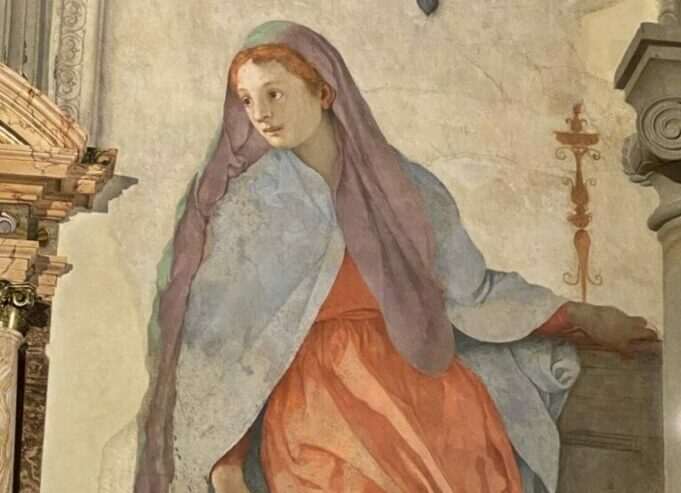Also Listen on:
One of the most powerful films I know is the almost silent documentary Albatross (Chris Jordan, 2011) on the life-cycle and predicament of this extraordinary seabird. It is a celebration and a lament for this and all our fellow creatures. It gives voice to them and protests at how we hurt them by combining wonder and shame.
Wonder: at the albatross’ monogamous dedication to its mate and offspring throughout its fifty-year lifespan, its capacity to spend years in flight, able to circumnavigate the world in 50 days, the beauty of its wings, spanning nearly more than three metres, flying in all weathers for thousands of miles over the ocean waves. In one scene we see the courting ritual where the birds dance, apparently frenetically, in front of their prospective mate. Because the smaller the brain the faster it works, Jordan slowed down the film to reveal how the dance feels for the albatross; it becomes a slow and gracious ballet.
And shame: at the pollution of the oceans by plastic waste which the parent bird brings back to the new-born in the food gathered during its long expeditions. It regurgitates not nutrition and growth but poison and death into the stomach of its young. The film ends with images of the corpses of the young birds whose ten months of gestation ends in useless extinction after its first encounter with the human world.
From wonder to shame – and then? Hopefully to metanoia, provided that the experience of contemplation, working with the plasticity of the brain, clarifies the mind and opens a new window onto reality.
The contemplative spirit of the film shows how much it matters what kind of consciousness we bring to healing our ecological crisis. At root, it is a crisis of consciousness. How could we be so stupid and cruel, or so driven by greed and impatience, if we had not lost the delight and reverence that the human person is meant to feel before the beauty of the world?
Evagrius, one of the great teachers of the Christian desert in the 4th century says that
When the mind has put off the old self and puts on the one born of grace, then it will see its own state in the time of prayer, resembling sapphire, the colour of heaven. This state is called by scripture, the place of God.
In contemplation we see our natural state – the ‘blue sapphire of the mind’ – that perfectly reflects the colour-tone of heaven. Only this unified consciousness will sustain the metanoia that proves our unity with the natural world.
Like the albatross and the oceans and the blue sky we are also creatures. And so, if we destroy our world, we destroy ourselves. If we see the wonder and true value of the albatross we learn to love ourselves and then, in time, each other.





